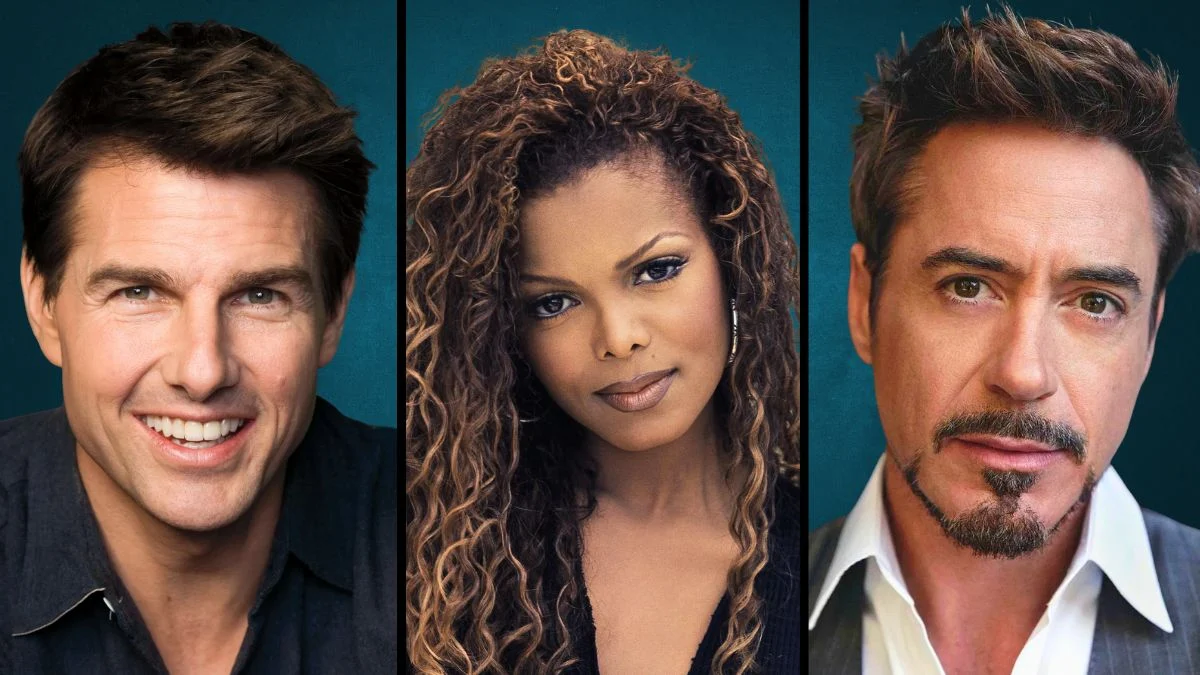
Certain celebrity scandals grab everyone’s attention and fill the news for a while, but eventually they’re replaced by newer stories and are largely forgotten. While the specifics become hazy over time, the official records still exist, and many of these events had a lasting impact, influencing careers, contracts, and even the rules of the entertainment industry that are still in place today.
This list takes another look at events that were once hard to overlook. It includes dates, results, and specific examples of how these stories impacted awards, careers, sponsorships, and government decisions, helping you understand each situation clearly, without being influenced by fond memories or a romanticized view of the past.
Winona Ryder

In December 2001, Winona Ryder was arrested at a department store in Beverly Hills and accused of stealing and causing damage. The following year, in 2002, a jury found her guilty of grand theft and vandalism. Instead of going to jail, she was sentenced to probation, required to perform community service, and ordered to pay fines.
The situation created problems with insurance and finding actors, which delayed projects for a number of years. Once she finished her sentence and paid back what she owed, she went back to working regularly and eventually landed important parts, most notably making a successful return to acting with the Netflix series ‘Stranger Things’.
Hugh Grant

In June 1995, Hugh Grant was arrested in Los Angeles for a minor offense involving inappropriate behavior that occurred during a police sting operation. He accepted the charges without a trial and paid a fine, and the story was a constant topic in entertainment news throughout that summer.
The arrest happened at the same time as the U.S. promotional efforts for ‘Nine Months’. Hugh Grant completed his required media appearances and released a public statement. Despite this, his success at the box office continued, and he went on to star in several popular romantic comedies throughout the late 1990s and into the early 2000s.
Martha Stewart
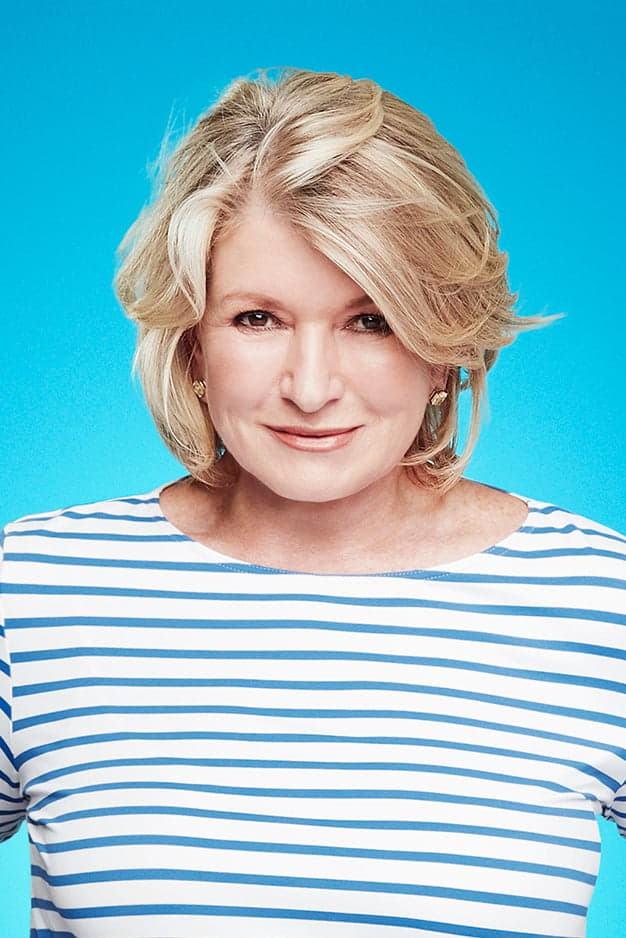
I remember when the news broke about Martha Stewart selling her ImClone Systems stock back in 2001. It really was a big deal! Federal investigators looked into it, and she ended up facing charges like conspiracy and lying to them. While she wasn’t actually convicted of insider trading itself, she *was* found guilty on a few other counts in 2004. It was tough to see, but she served five months in federal prison and then had to finish her sentence with home confinement. It was a complicated case, that’s for sure.
Her conviction meant she had to temporarily leave her positions as a corporate leader, and it also caused problems with existing TV and licensing agreements. Afterward, she reorganized how she presented herself in the media, went back to television, and revitalized her brand by forming new collaborations and launching new products.
Robert Downey Jr.

During the late 1990s, Robert Downey Jr. struggled with legal issues, including several arrests related to drug possession and breaking the terms of his probation. These court decisions led to required stays in rehabilitation centers and jail time. As a result, some of his film and television projects were paused or required actors to be replaced.
By the middle of the 2000s, he finished his treatment and used insurance bonds to start working on big studio films again. This recovery allowed him to consistently create successful, high-earning movies and commit to long-running franchises, all while carefully meeting the requirements of those insurance bonds.
Wesley Snipes

In 2008, Wesley Snipes was found guilty of three minor offenses related to not filing his federal income taxes. While he wasn’t convicted of more severe crimes, he was sentenced to three years in prison and subsequently completed a period of supervised release after his imprisonment.
The situation impacted how films were made internationally and caused problems for projects that needed him to work on them. Once he finished serving his sentence, he went back to working in film and television, and he legally settled his remaining tax debts through a court-approved plan.
Janet Jackson
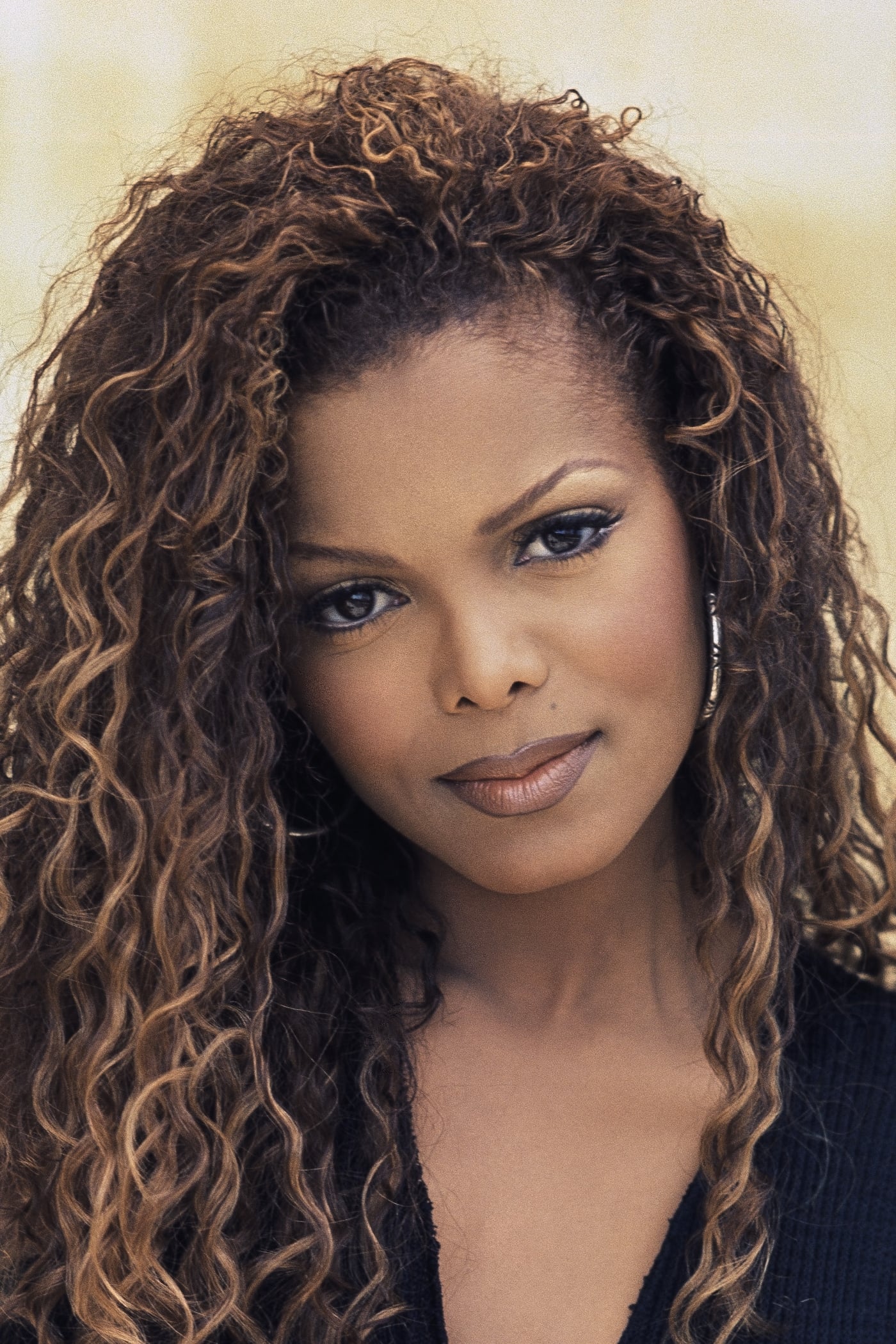
At the February 2004 Super Bowl halftime show, a last-minute performance move led to Janet Jackson’s breast being briefly shown on live TV. As a result, television networks and regulatory bodies issued fines and re-evaluated their rules. Event organizers also increased the length of delay times used during live broadcasts to prevent similar incidents in the future.
The incident had a significant impact on what was shown on radio and television, leading to changes in how live shows were organized and who performed on them. Music videos and performances by the artists in question were briefly unavailable on some channels, and a delay system for broadcasting major events became the new norm.
Britney Spears
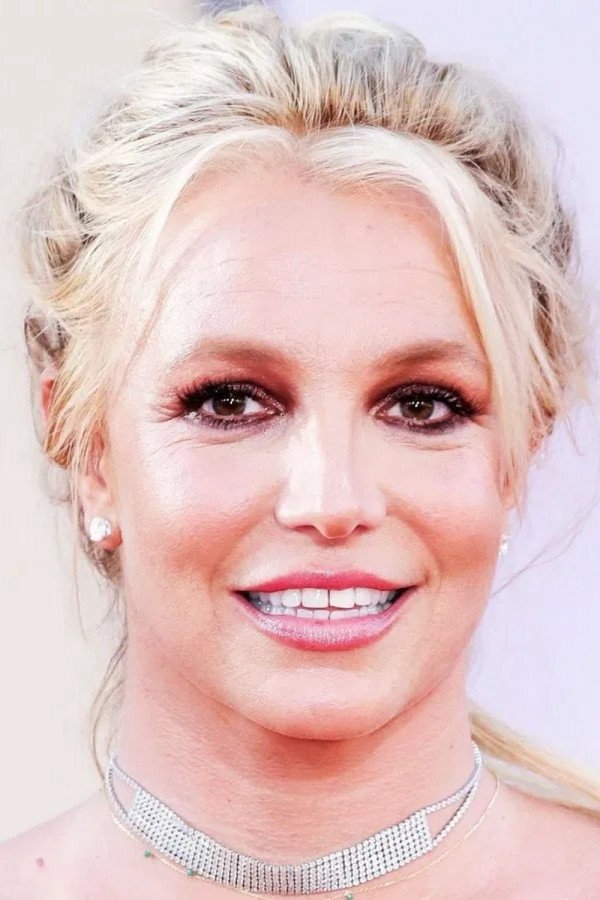
In early 2007, Britney Spears experienced a very difficult time in her personal life, including shaving her head and going to rehab several times. Later that year, there were custody battles, leading to court-ordered plans and professional management of her finances and career.
The initial legal setup developed into a conservatorship, meaning the courts oversaw both her finances and some of her personal life. Despite this, she continued to release albums, perform on tours, and have residencies, all managed by a designated team. Eventually, further court actions led to the end of this arrangement after several years.
Tom Cruise
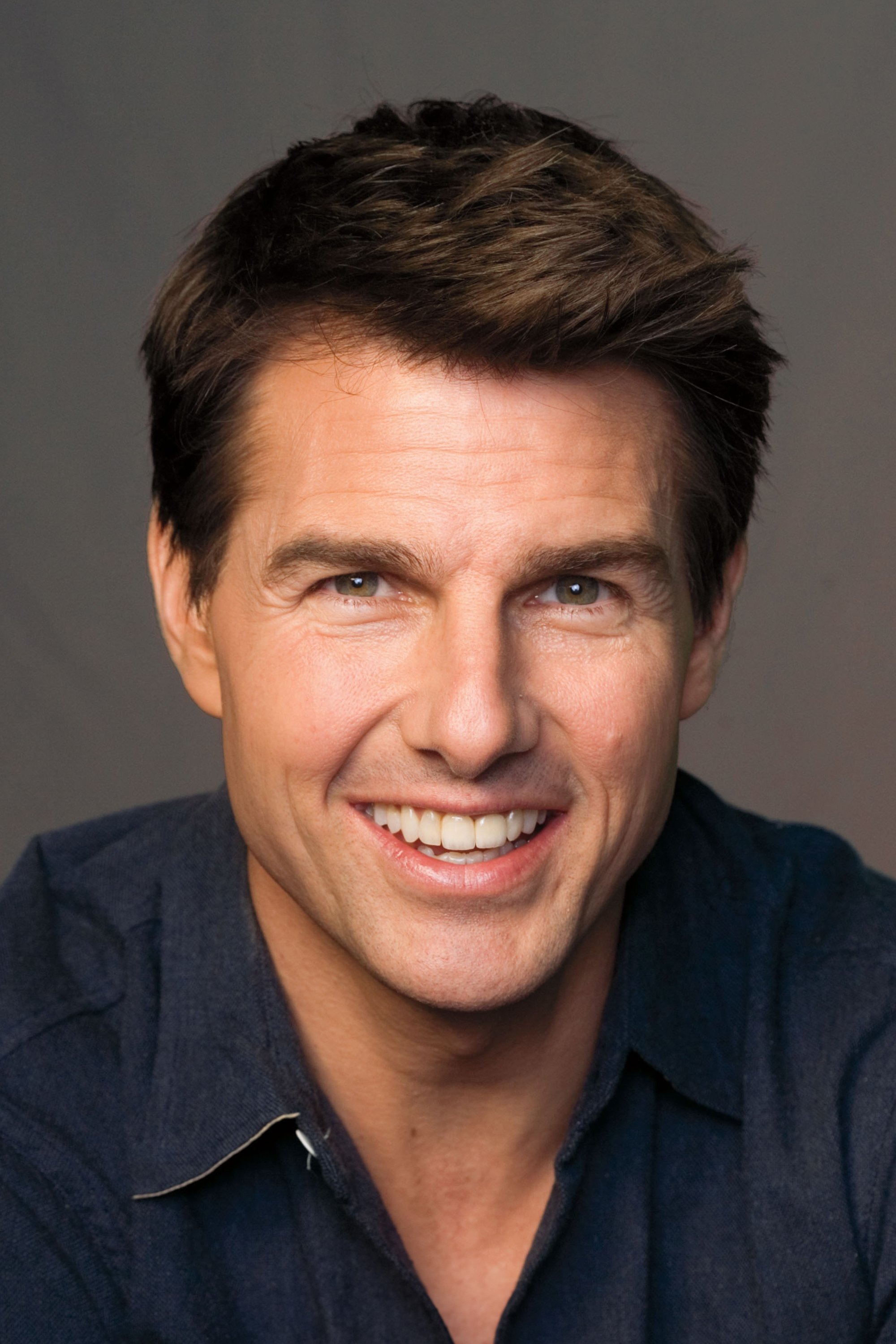
In 2005, Tom Cruise actively promoted his films with appearances on popular shows like The Oprah Winfrey Show and a memorable conversation on Today. This surge in publicity coincided with the release of several major films and sparked discussions within the film industry regarding how studios handle promotion and publicity.
After all the coverage, we really took a look at how we were working with retailers and the media. It made us rethink some things! Then, we adjusted how Cruise worked with his production partners. But you know what? He kept steering those huge movie franchises, and we learned a lot from that whole experience – we started tailoring the global marketing campaigns to what we’d figured out. It was a tough lesson, but it definitely made things better in the long run. It really changed how we approached things.
Ashlee Simpson
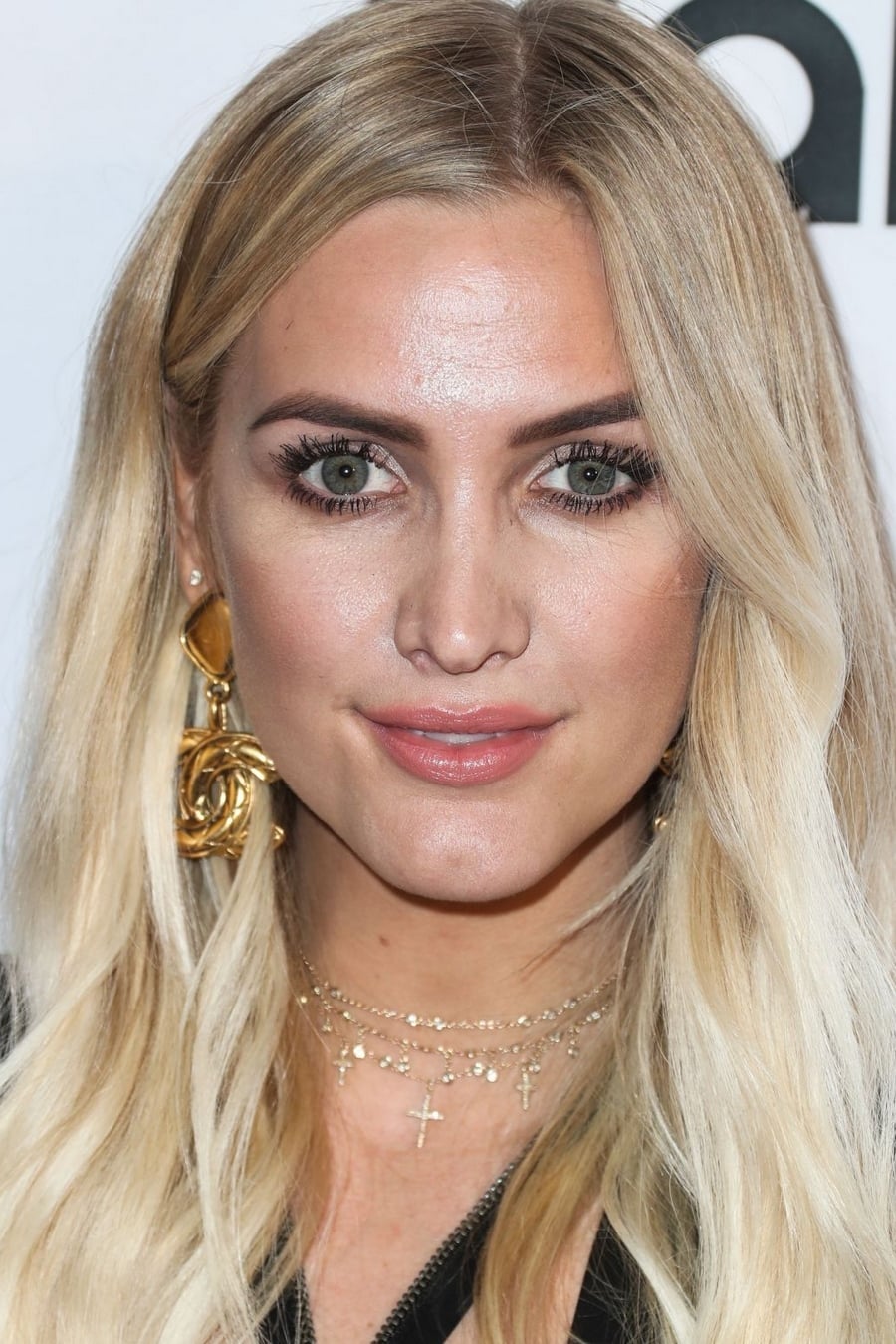
In October 2004, Ashlee Simpson was on ‘Saturday Night Live’ when a pre-recorded vocal track accidentally began playing at the wrong moment, exposing that she was lip-syncing. The show quickly acknowledged the issue, and the event became a common topic when people talked about live music performances on TV.
Following performances were designed to highlight live singing and musical skill. Television producers implemented extra safeguards to monitor audio during live broadcasts, and performers modified how they rehearsed and prepared backup plans for upcoming shows.
Rob Pilatus
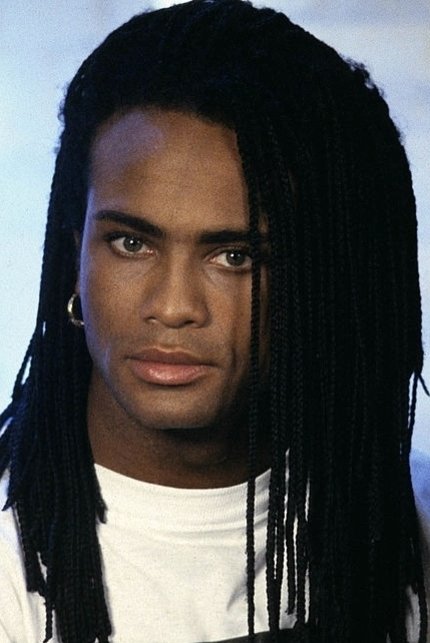
I remember when it came out in 1990 that Rob Pilatus and Fab Morvan weren’t actually singing on the Milli Vanilli album. It was a huge scandal! They had to take back the duo’s Grammy for Best New Artist – which is something they very rarely do – and it really highlighted how important it is in the music industry to be honest about who’s actually performing and who gets the credit. It set a real precedent for recording industry standards and performance authenticity.
Record labels began requiring more thorough record-keeping and confirmation of who worked on recordings in the studio. The situation served as a learning example in how to nurture artists, resulting in more transparent explanations and clearer wording in contracts regarding singing and production contributions.
Lance Armstrong
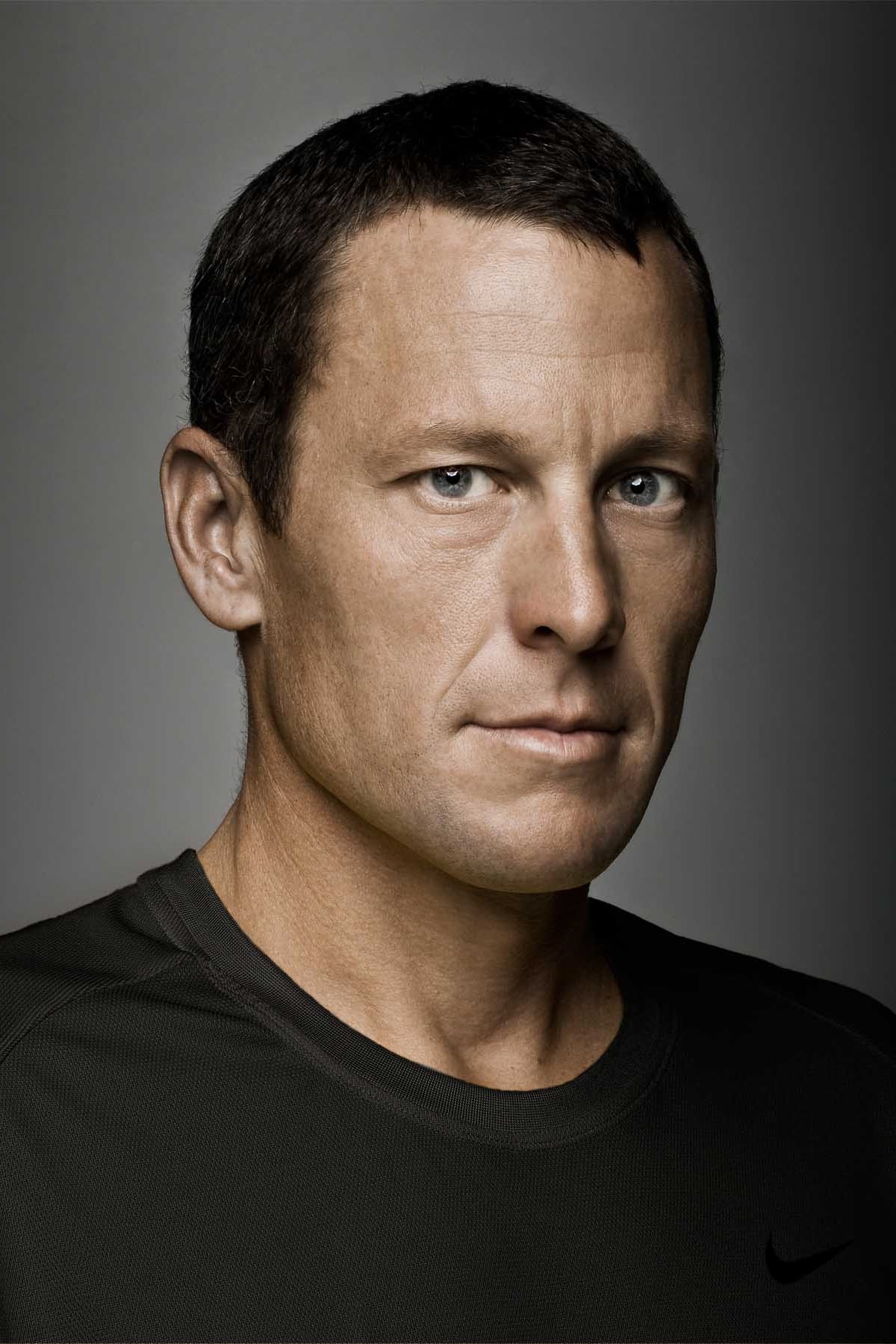
In 2013, after a long period of investigations and penalties, Lance Armstrong confessed to using drugs to improve his performance during his time as a cyclist, during an interview with Oprah. Before this admission, he had already lost his Tour de France championships and was banned for life from participating in sports governed by the Olympics. This marked a significant downfall for the once-celebrated athlete.
As a long-time cinema devotee, I’ve been following the recent changes closely, and it’s been quite a shift. It seems sponsors and the charities they work with have been taking a hard look at their deals, and unfortunately, some of those partnerships have been terminated. On the sports side of things, the organizations in charge are really tightening up how they test athletes. They’ve been updating the rules and even re-examining past results. They’re doubling down on things like biological passports – which track an athlete’s biological markers over time – and making sure long-term sample storage is rock solid. It’s all about reinforcing those procedures, it seems.
Tiger Woods
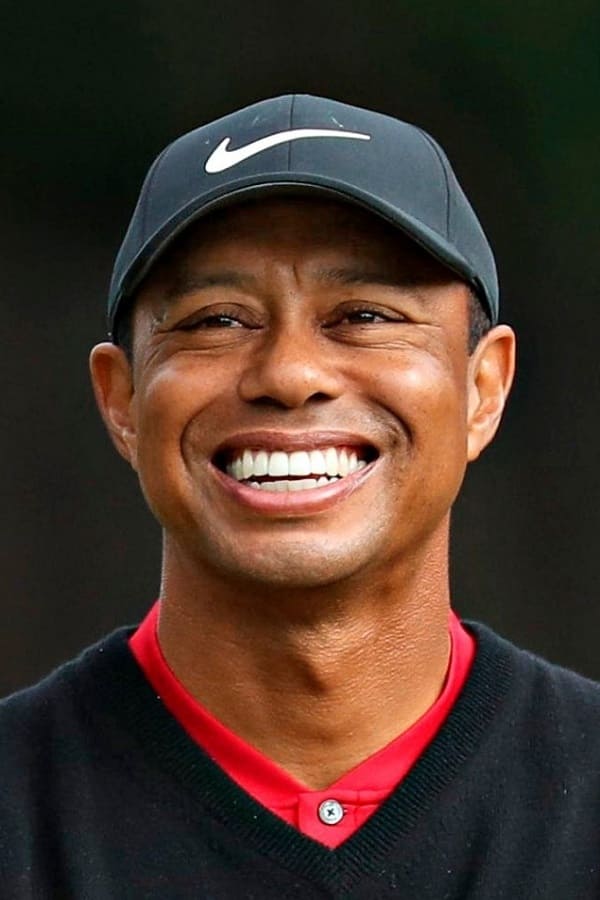
In November 2009, Tiger Woods had a car accident late at night near his house. Soon after, details about his private life became public. He then paused his professional golf career and released statements admitting he had acted inappropriately.
Some sponsorship agreements were put on hold or canceled, while others continued with new conditions. Woods came back to playing golf and gradually achieved important world ranking positions again, proving how much a long break can affect both a player’s career and their business deals.
Mel Gibson
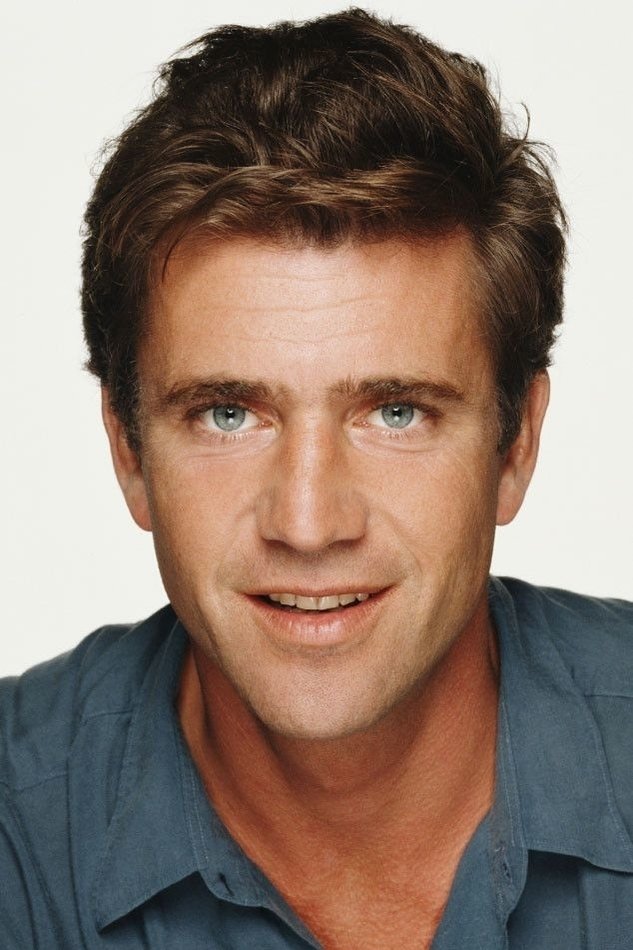
In July 2006, Mel Gibson was arrested for driving under the influence. During the incident, he made highly publicized anti-Semitic statements. Afterwards, he publicly apologized and fulfilled all the requirements ordered by the court related to the DUI.
Studios reviewed how projects involving him were being cast and made. After several years, he returned to more prominent work with updated funding methods and carefully chosen collaborations, showing how the industry was cautiously welcoming him back.
Alec Baldwin
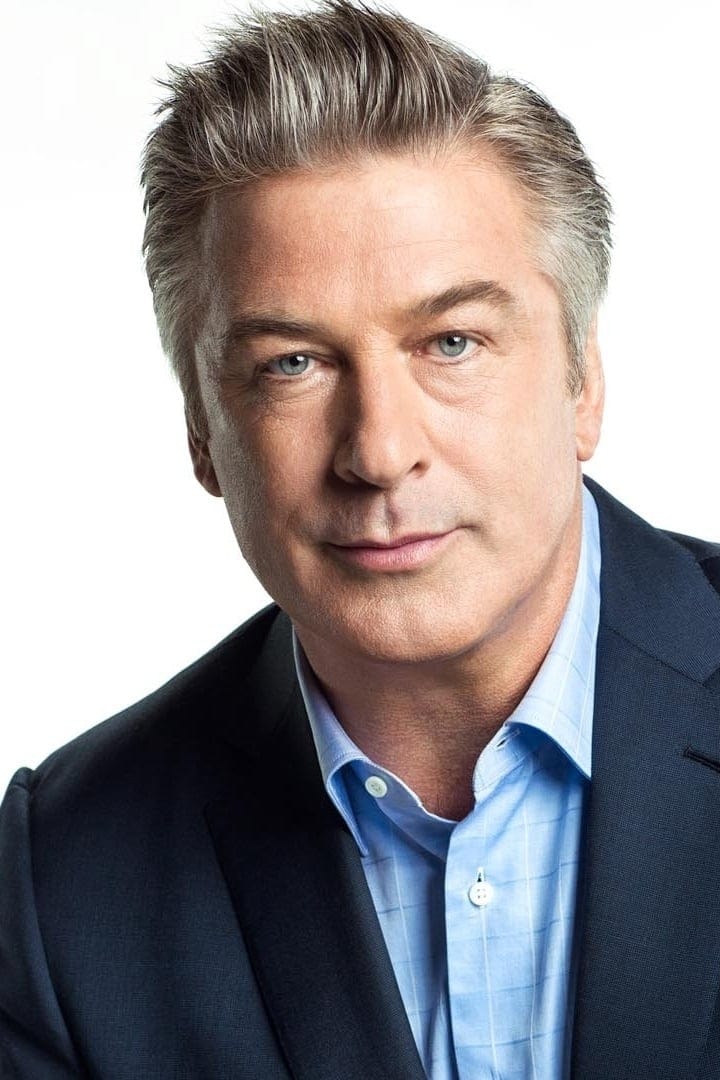
In 2007, a personal voicemail message from Alec Baldwin to his daughter was made public by the media. This happened while he was involved in legal proceedings regarding custody, and the recording quickly became a central part of the news coverage.
Baldwin kept up with his professional obligations, including working out agreements about his public appearances. He went on to publish a memoir and continued appearing on television, showing how personal legal issues can affect what someone is contractually obligated to do for publicity.
Paula Deen
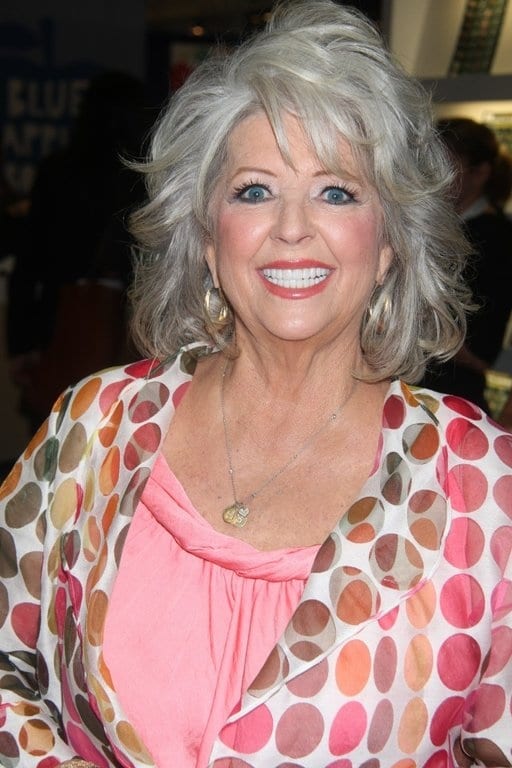
In 2013, Paula Deen was involved in a workplace lawsuit that brought to light some offensive language she admitted to using in the past. As portions of her sworn testimony were released publicly, several major business partners, including the Food Network, decided to end their relationships with her.
Deen transitioned to working on her own, focusing on areas like online content and in-person events. She changed how her business operated, moving away from relying on big companies and instead selling directly to customers, allowing her to keep pursuing her passion for food.
Ryan Lochte
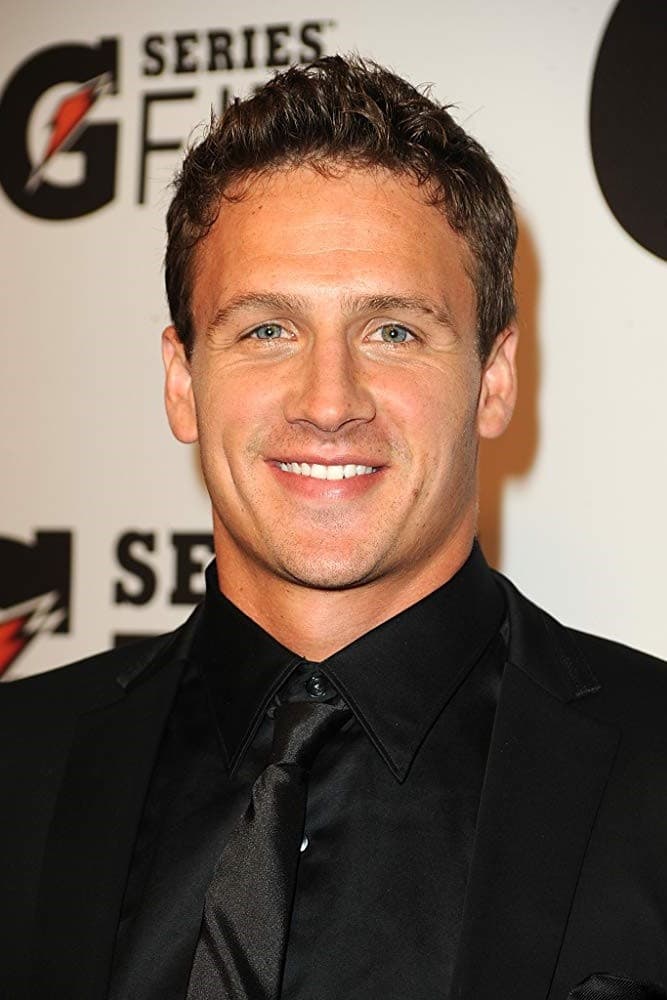
At the 2016 Rio Olympics, Ryan Lochte stated that he and his teammates were held up with a gun. However, investigations by the local police revealed a different story about what happened at a gas station. This led to public clarifications and disciplinary actions being taken.
Sponsors either paused or cancelled their partnerships, and the United States Olympic Committee issued penalties. Lochte eventually resumed competing after completing his punishments and fulfilled requirements for training in following rules and handling media interactions, as dictated by the rules of the sport’s governing bodies.
Vanessa Williams
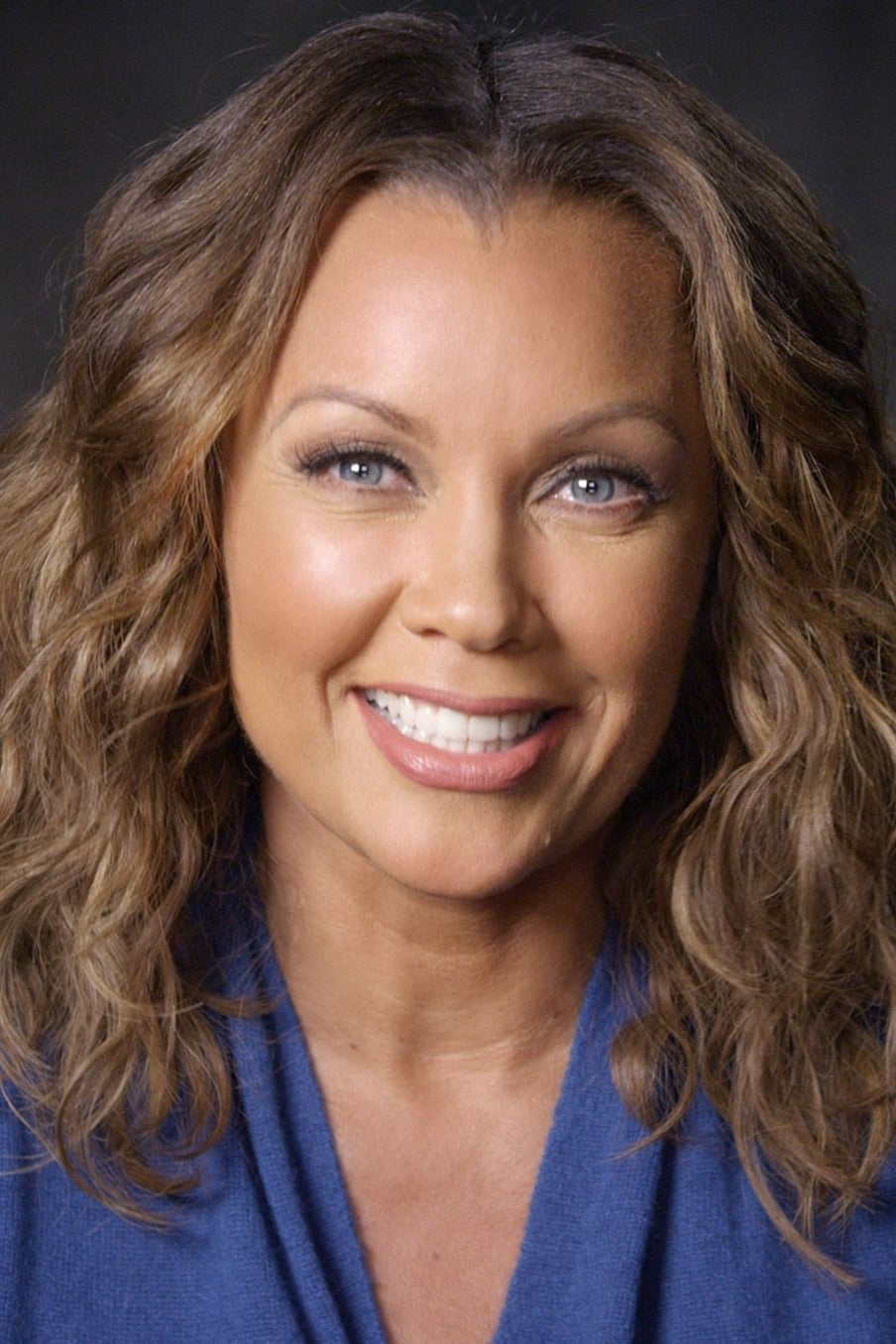
In 1984, Vanessa Williams made history as the first African American Miss America. However, she later had to give up her title when private nude photos were released to the public without her permission. The organization accepted her resignation, and the first runner-up took her place and was crowned.
I was so moved when Williams received a formal apology from the Miss America Organization! It happened live on TV during a pageant, and it was a long time coming. She really deserved it, considering all she’s accomplished – she’s had an amazing career in both music and acting, even earning Grammy and Tony nominations! Plus, many of us grew up loving her work in shows like ‘Ugly Betty’. It just felt right to see them acknowledge what happened and finally give her the respect she’s earned. It was a powerful moment.
Christian Bale
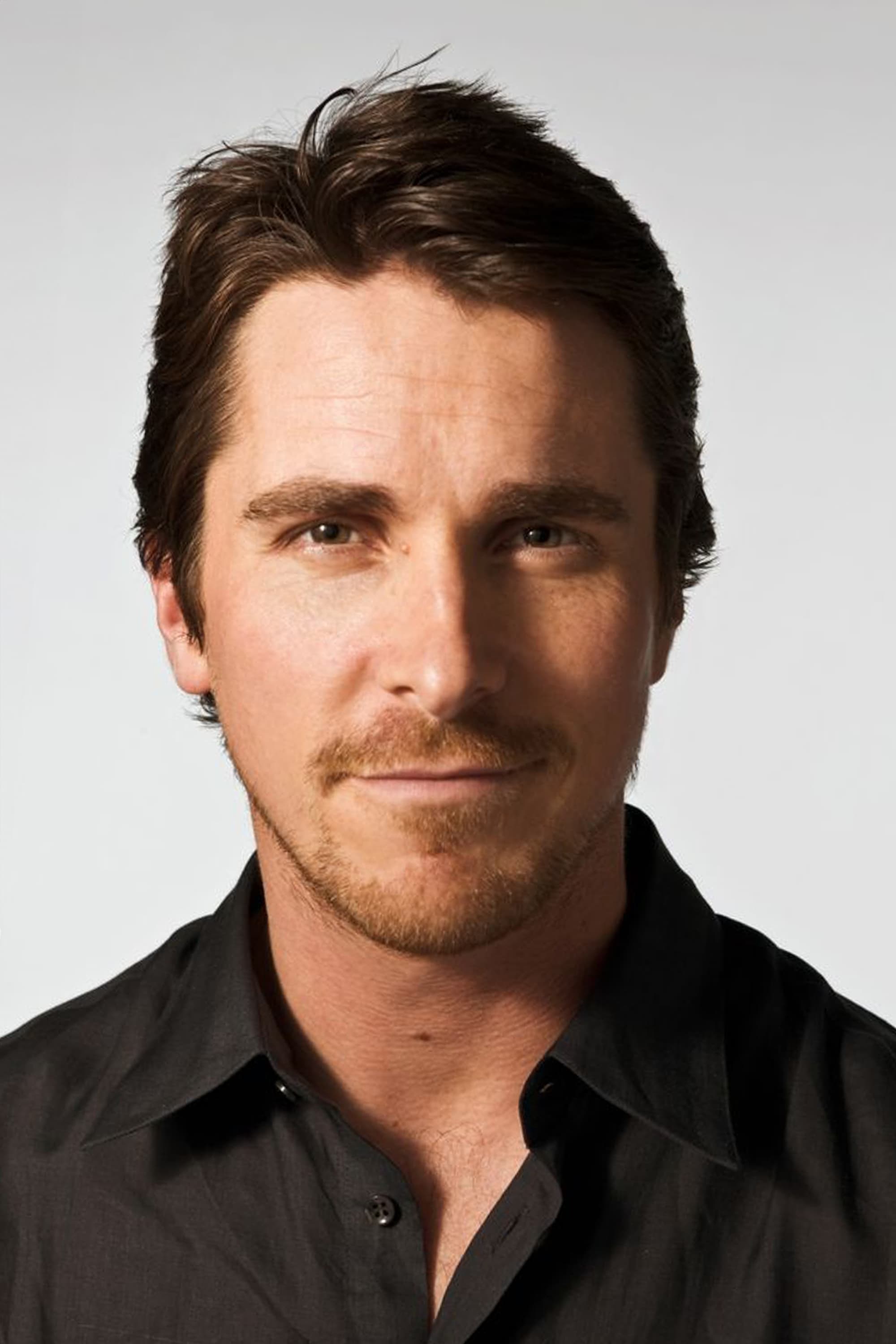
In 2009, a recording surfaced of Christian Bale scolding someone working on a movie set. The audio quickly went viral and led to a public conversation about how people should behave at work and the proper rules of conduct on film sets.
Bale apologized, and filming continued as planned. Afterwards, studios and producers discussed the event, using it as a case study to improve stress management resources on set and to strengthen how different teams communicate with each other.
Michael Phelps
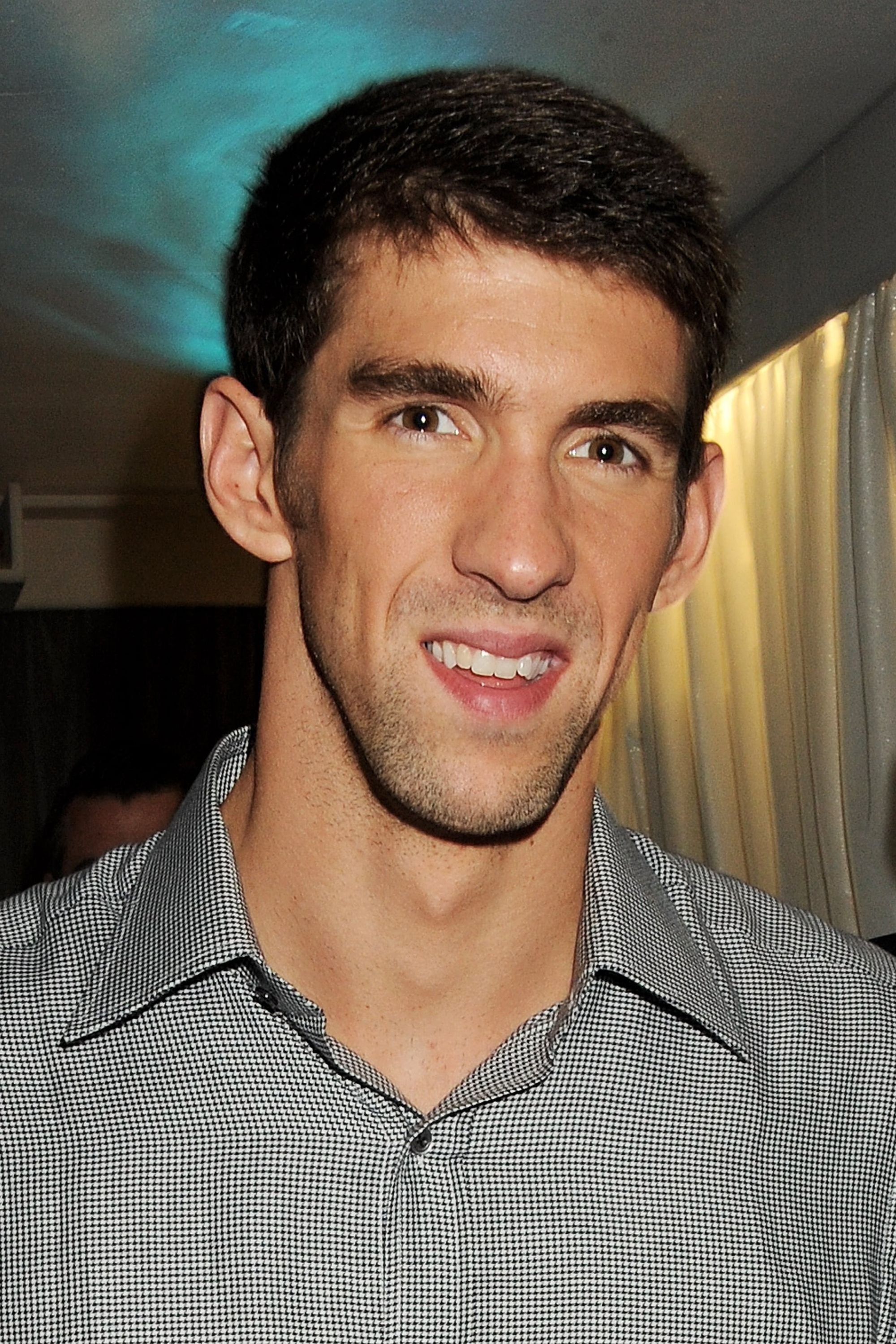
Around early 2009, a photo came to light seemingly depicting Michael Phelps using a marijuana pipe. Phelps confirmed the photo’s authenticity and, as a result, was suspended from USA Swimming for three months and lost a sponsorship deal.
Because the suspension didn’t happen during a major championship, he was able to resume training and compete internationally again later in the year. Rules against performance-enhancing drugs for national teams were still enforced, and this situation became a key example for managing social media risks for athletes. The incident served as a learning point for how athletes should handle their online presence and potential controversies. It highlighted the importance of responsible social media behavior and proactive risk management.
Paris Hilton
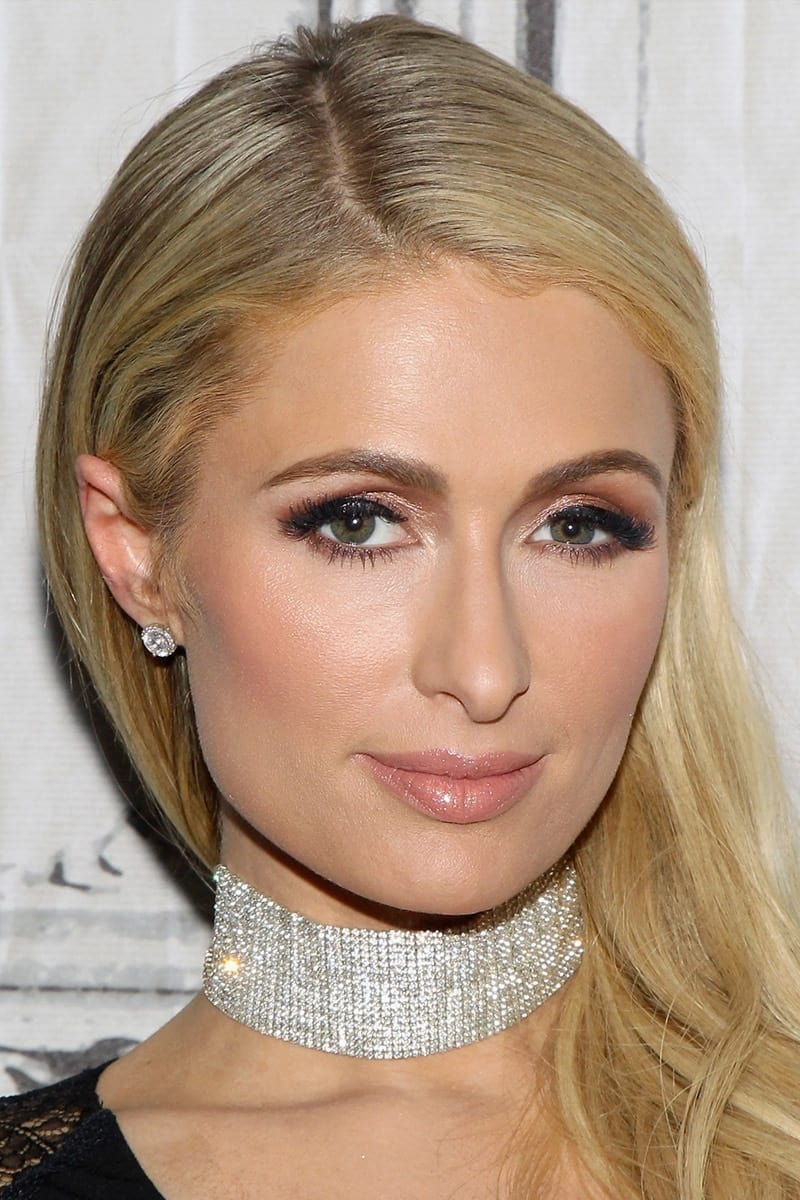
In 2007, Paris Hilton received a jail sentence because she broke the terms of her probation, which stemmed from a previous traffic violation. She spent some time in a jail in Los Angeles and was let out following the typical release process at the time.
The situation temporarily impacted Paris Hilton’s sponsorship deals and led to increased attention on the legal agreements of celebrities in Los Angeles County. Afterwards, Hilton shifted her focus to global business opportunities, such as perfumes, DJing, and endorsements, which broadened her income sources beyond television work.
Tell us about any scandals you still recall in the comments – we’d love to see if we all remember the same ones, or if some managed to stay under the radar. Let’s compare notes on the ones that everyone missed!
Read More
- Gold Rate Forecast
- Top 15 Insanely Popular Android Games
- Did Alan Cumming Reveal Comic-Accurate Costume for AVENGERS: DOOMSDAY?
- 4 Reasons to Buy Interactive Brokers Stock Like There’s No Tomorrow
- Silver Rate Forecast
- EUR UAH PREDICTION
- DOT PREDICTION. DOT cryptocurrency
- ELESTRALS AWAKENED Blends Mythology and POKÉMON (Exclusive Look)
- Core Scientific’s Merger Meltdown: A Gogolian Tale
- New ‘Donkey Kong’ Movie Reportedly in the Works with Possible Release Date
2025-10-03 05:18